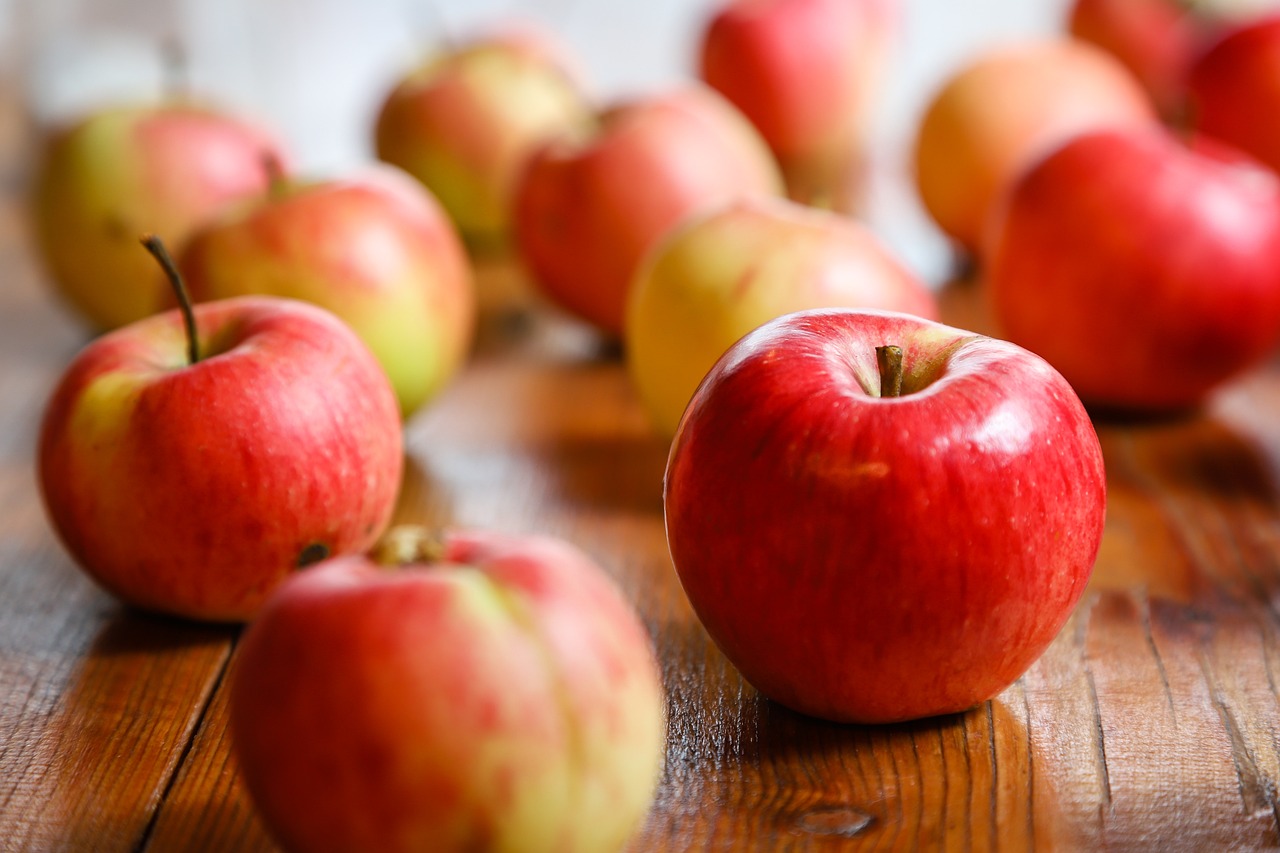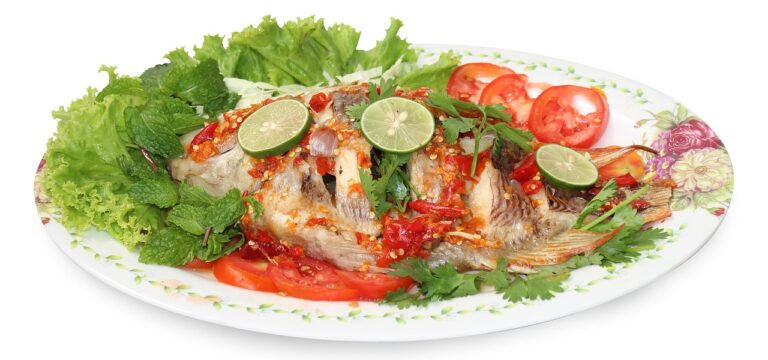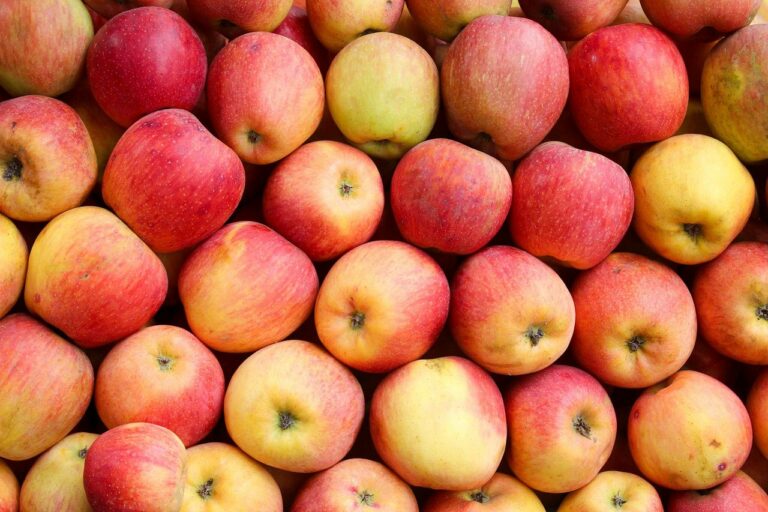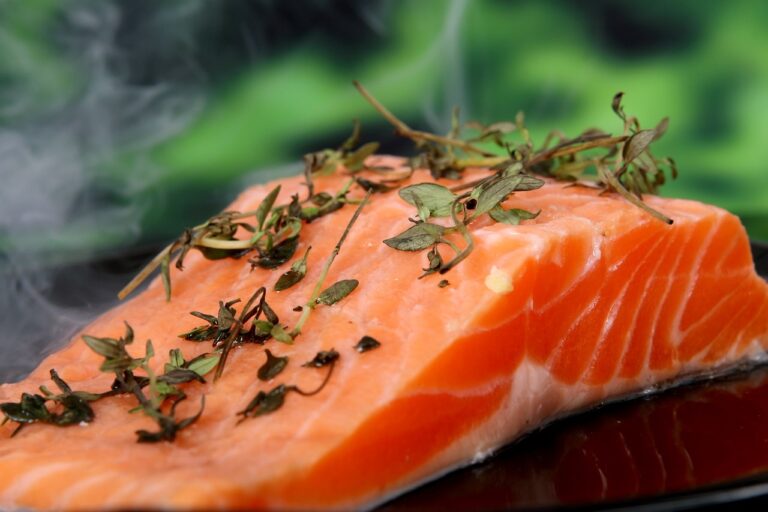Exploring Indigenous Foodways: Preserving Culinary Heritage
Indigenous foodways hold a significant cultural importance within various communities around the world. These traditional food practices are deeply rooted in the history and heritage of indigenous peoples, providing a connection to the land, ancestors, and spiritual beliefs. The act of preparing and consuming indigenous cuisine goes beyond mere sustenance, serving as a way to preserve and celebrate cultural identity.
Through the preparation and sharing of indigenous foods, stories and traditions are passed down from one generation to the next. Each dish carries with it a rich tapestry of knowledge and wisdom, reflecting the customs and values of a particular community. The revival and promotion of indigenous foodways not only contribute to the preservation of cultural heritage but also serve as a form of resistance against the erasure of traditional practices in the face of modernization.
Traditional Ingredients in Indigenous Cuisine
In Indigenous cuisine, traditional ingredients play a pivotal role in shaping the flavors and cultural significance of the dishes. From wild game meats like bison and venison to foraged plants such as wild berries and roots, these ingredients not only provide sustenance but also connect Indigenous communities to their land and heritage. The use of corn, beans, and squash, also known as the “Three Sisters,” is a common staple in many Indigenous recipes, showcasing the deep relationship between agriculture and Indigenous livelihood.
Moreover, the incorporation of indigenous herbs and spices like sage, cedar, and sumac adds not only unique flavors but also medicinal properties to the dishes. These traditional ingredients are often sourced sustainably, highlighting the Indigenous communities’ respect for the environment and the importance of preserving the delicate balance of ecosystems. The emphasis on utilizing ingredients that are locally sourced and in harmony with nature reflects the deep-rooted values of sustainability and reverence for the earth within Indigenous foodways.
Cooking Techniques Passed Down through Generations
Indigenous communities have a rich culinary heritage that is deeply rooted in tradition. Cooking techniques passed down through generations play a crucial role in preserving and celebrating these cultural practices. From methods of food preparation to cooking over open flames or using specific tools like clay pots, each technique carries a piece of history and tradition.
The knowledge of cooking techniques is often shared through oral tradition and hands-on experience within indigenous communities. Elders are revered for their wisdom in passing down these techniques to younger generations, ensuring that the cultural significance of traditional cooking methods is not lost. The continuity of these practices honors the ancestors and the land, creating a strong connection between food, culture, and heritage.
What is the significance of indigenous foodways?
Indigenous foodways are important as they represent the cultural traditions, knowledge, and values of a particular community or group. They reflect the history, environment, and beliefs of the people who have passed down these food practices through generations.
What are some traditional ingredients commonly used in indigenous cuisine?
Traditional ingredients in indigenous cuisine often include locally sourced fruits, vegetables, meats, and grains. These ingredients are typically reflective of the region’s biodiversity and are often used in combination with herbs and spices to create unique flavors.
How are cooking techniques passed down through generations in indigenous communities?
Cooking techniques in indigenous communities are often passed down through oral tradition and hands-on experience. Elders and experienced cooks teach younger generations how to prepare traditional dishes, demonstrating techniques such as roasting, steaming, fermenting, and smoking.
Why is it important to preserve and honor cooking techniques in indigenous cultures?
Preserving and honoring cooking techniques in indigenous cultures is essential for maintaining cultural identity, promoting sustainability, and passing on valuable knowledge to future generations. These techniques are not only culinary practices but also serve as a way to connect people to their heritage and ancestors.







